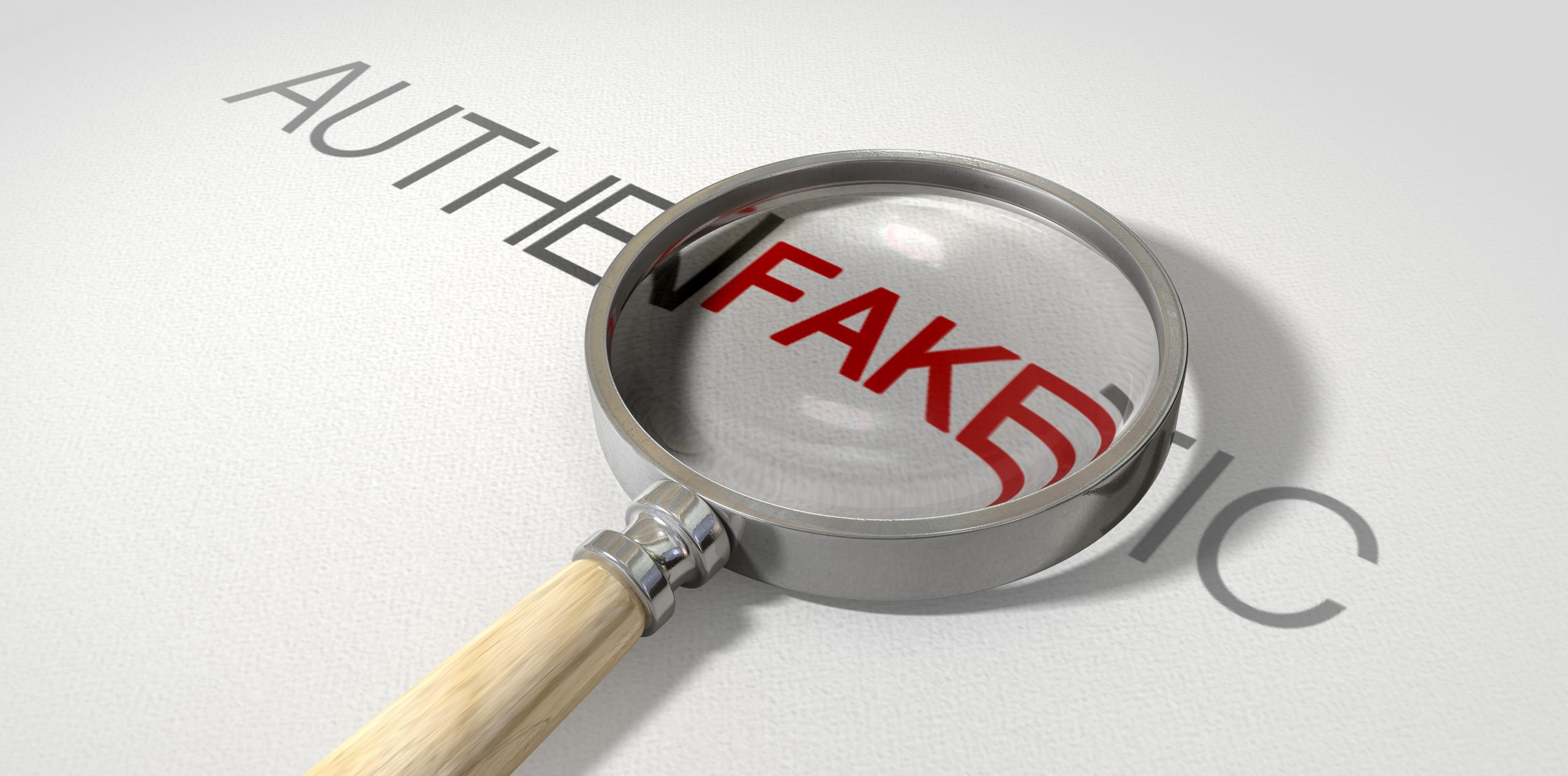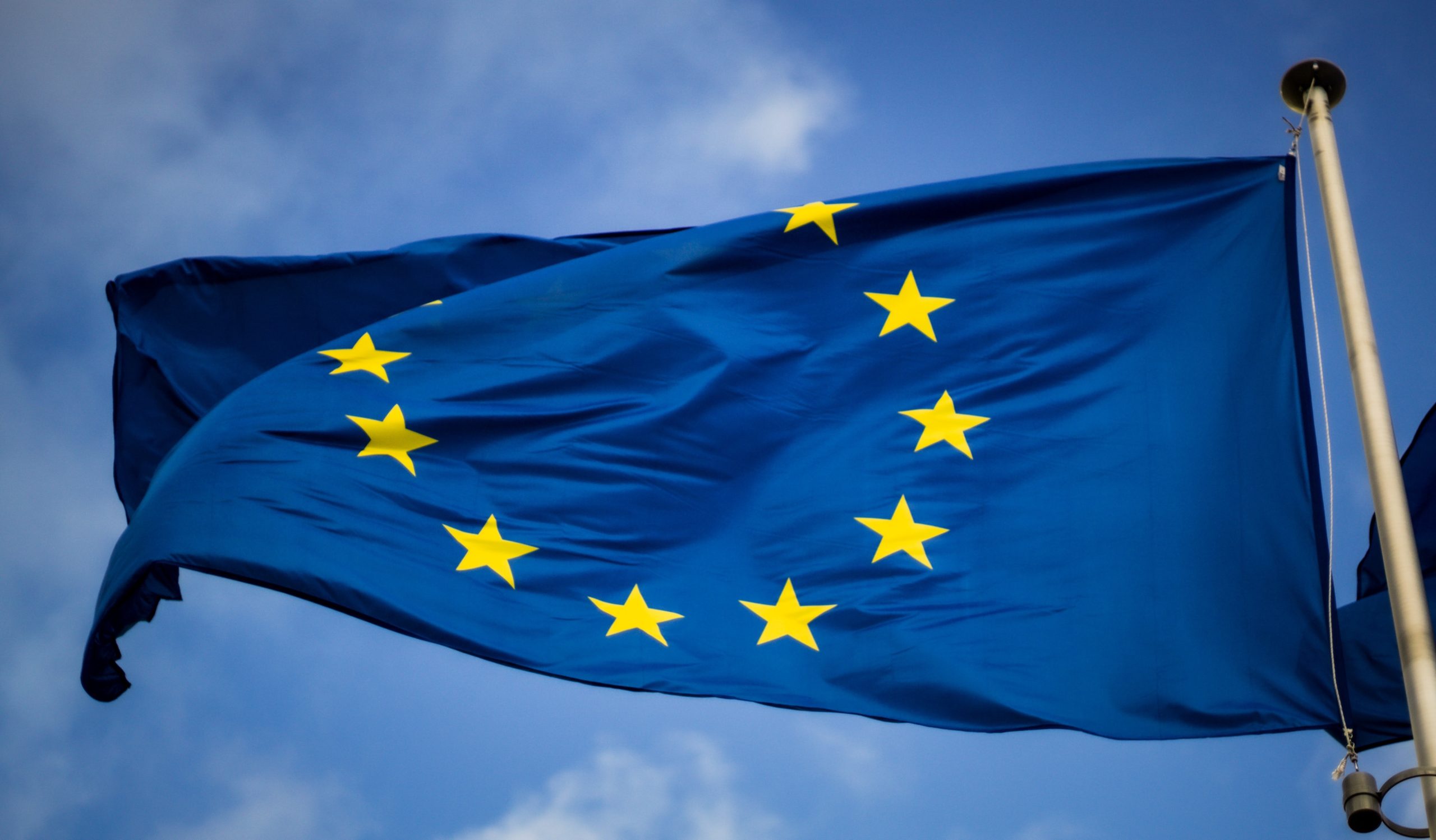First of all, junior minister Sean Sherlock said on lunchtime radio that he intends to hold an emergency Dáil debate on the law – within 24 hours no less! – and is happy to meet with me and other representatives of StopSOPAIreland.com to discuss it. While I’m glad to see that he’s softened his position, it’s remarkable that he still hasn’t published the text of his proposals and doesn’t show any signs of doing so. Consequently, I’m not sure what there is to discuss or what he expects the Dáil to debate. Asking TDs to have a debate in the dark about a document they haven’t seen doesn’t show much respect for Parliament.
But let’s leave that aside for the moment. Assume TDs are given the proposal at some point tomorrow. Pretend that despite the short notice they might have sufficient time to digest a complex area of law. Ignore the fact that citizens will be prejudiced by being denied the chance to adequately brief TDs. The point remains – a hurried debate on its own isn’t sufficient.
Normally laws are made through a measured process where both the Dáil and the Seanad are given adequate time to scrutinise a Bill, identify weaknesses and pass amendments. It’s clear that what Sean Sherlock proposes won’t enable them to do that. Instead, TDs will be left impotent with the Dáil being treated as a talking shop, unable to make any changes to a document drafted behind closed doors.
(Incidentally, it also contradicts the minister’s own Programme for Government which states that “The situation can no longer be tolerated where Irish Ministers enact EU legislation by statutory instrument. The checks and balances of parliamentary democracy are by-passed.” I couldn’t agree more.)
The need for greater transparency is obvious from a second remarkable development today. In a briefing note circulated to TDs and senators, Séan Sherlock has confirmed that his proposals go even further than we had thought, and respond to the music industry demands in the EMI v. UPC case:
“to prevent infringement of the record companies’ sound recording copyright, through… internet “peer-to-peer” services, possibly involving a ‘three strikes and you’re out’ scenario. This is where the ISP sends three warnings of increasing severity and if the infringement continues, discontinues access to the Internet. It is sometimes referred to as a ‘graduated response’.”
In short, the proposals aren’t simply about website blocking, but could also allow courts to require ISPs to introduce three strikes systems. It’s surprising and disappointing that this is happening now – after the Data Protection Commissioner has shown the unreliability of these systems by taking proceedings against Eircom for wrongly threatening innocent users with disconnection – and truly remarkable that the department seems content with the possibility for such systems to be introduced at the discretion of judges with no legislative controls.
If you’re worried by these proposals and want to see an open and transparent discussion take place then please support the campaign at StopSOPAIreland.com.


